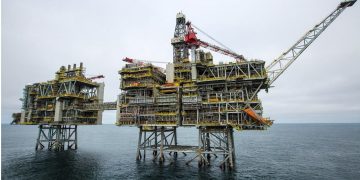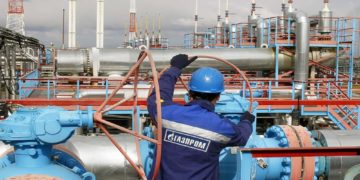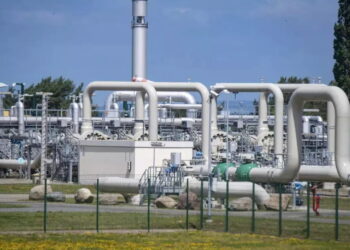OriginClear Inc. has announced it is entering into a partnership with a regional organization in the Chinese province of Shandong for remediation of a shale gas site operated by the government-owned Sinopec Group, Asia’s largest oil and gas company.
Â
The two- to three-week pilot at Sinopec’s FuLing shale gas site in Chongqing, a major city in Southwest China, is intended to qualify OriginClear’s Electro Water Separation (EWS) technology for integration into a multi-stage process that’s designed to process hydraulic fracturing and flowback water for on-site reuse.
Â
“As water quality regulations tighten and water becomes increasingly scarce, wastewater treatment technologies will become more of a necessity and less of a choice. This is the problem we are facing here on the FuLing site,” said Dr. Wang, project site manager at Sinopec Energy Saving & Environment Protection Co., Ltd., the site operator.
OriginClear Technologies (Hong Kong) signed a sales license agreement with Shandong Tong Heng Environmental Technologies (SDTH) on March 24 in DongYing, the capital city of Shandong Province where SDTH is headquartered. The agreement was signed at a ceremony hosted by the Shandong Province local government, represented by  Li Dongzhi, director of the Dongying Economic & Technological Development Zone.
Â
“We intend to scale up our operations in China, with the support and sponsorship of provincial governments,” said ‘JL’ Kindler, President of the OriginClear Technologies Division.Â
Â
The pilot test will run for approximately two to three weeks. During this time, EWS technology will remove total petroleum hydrocarbons and suspended solids from the wastewater, prior to a reverse osmosis treatment. Following confirmation of EWS performance and successful removal of contaminants, the water will be deemed suitable for reuse on this site’s hydraulic fracturing process. Hydraulic fracturing requires clean water to ensure proper dosing of the variety of chemicals being used in the process.
Â
According to the United Nations, despite having a population of 1.35 billion – 21% of the world’s population – China only has 7% of the world’s freshwater supplies. One large contributing factor is China’s rapid economic growth, fueled by heavy water consumption for production processes. Furthermore, considering 60% of the country’s underground water is polluted, the country’s pollution problems also contribute to the freshwater supply shortage. Capital expenditure on industrial water and wastewater treatment in China is set to increase by nearly 25% over the next five years, reaching $6.8 billion in 2020.


















































